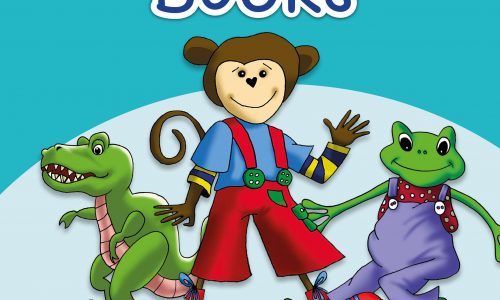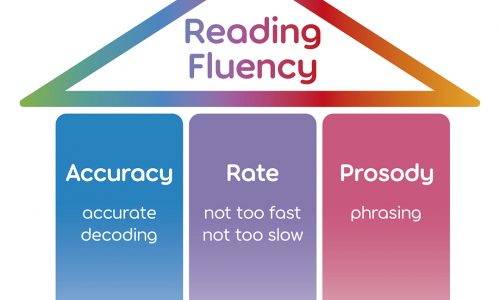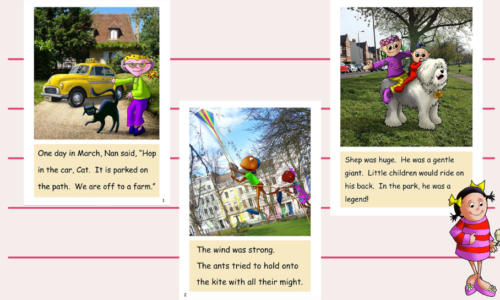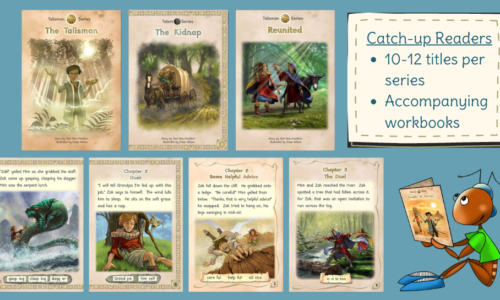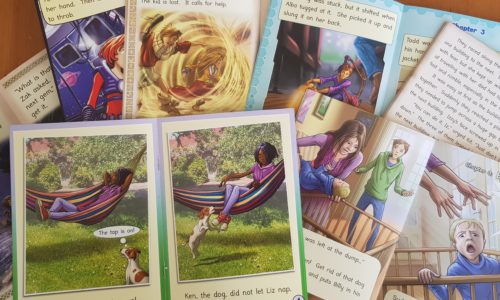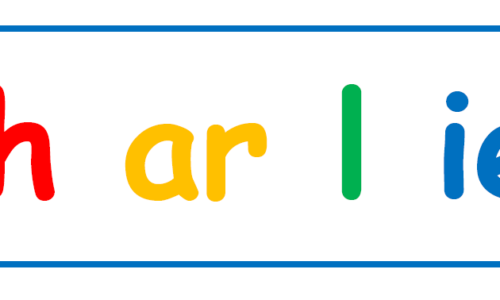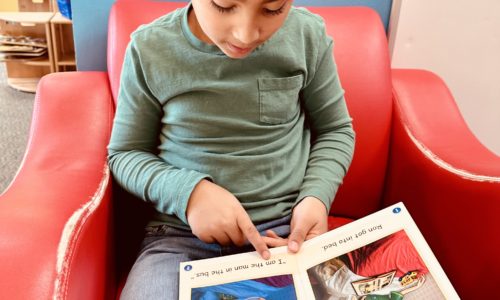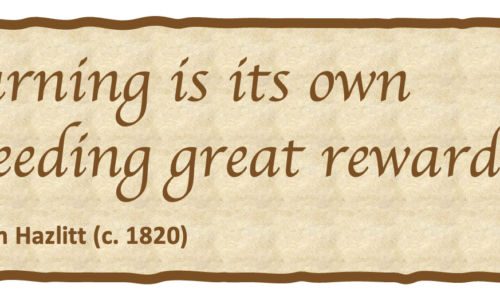
Research has shown that children lose the equivalent of one month of learning over the summer. Many children experienced learning loss during the pandemic, so it is important that we help to keep children reading throughout the summer to prevent this additional summer slide. Here are ten ideas to keep children reading over the summer […]
Read More

